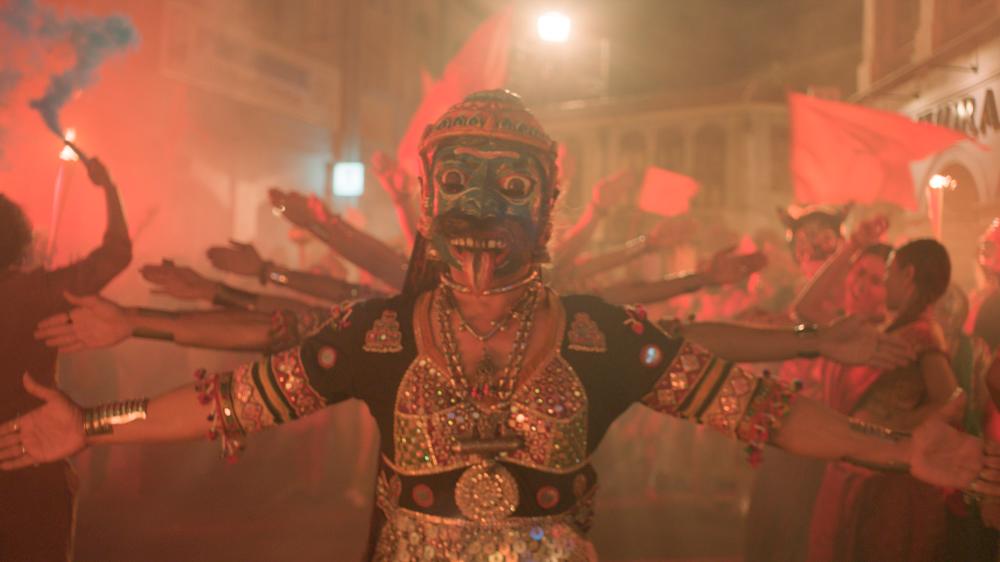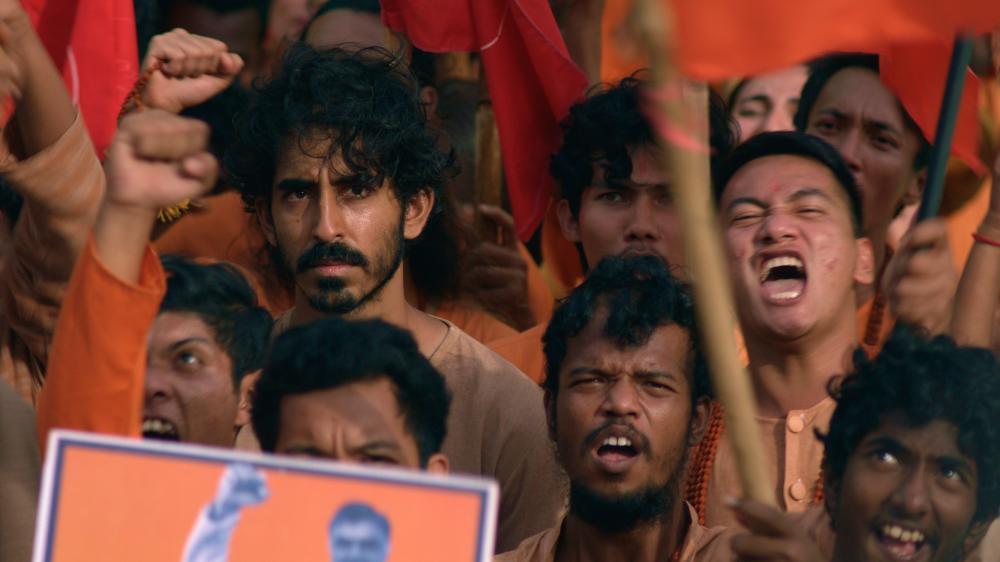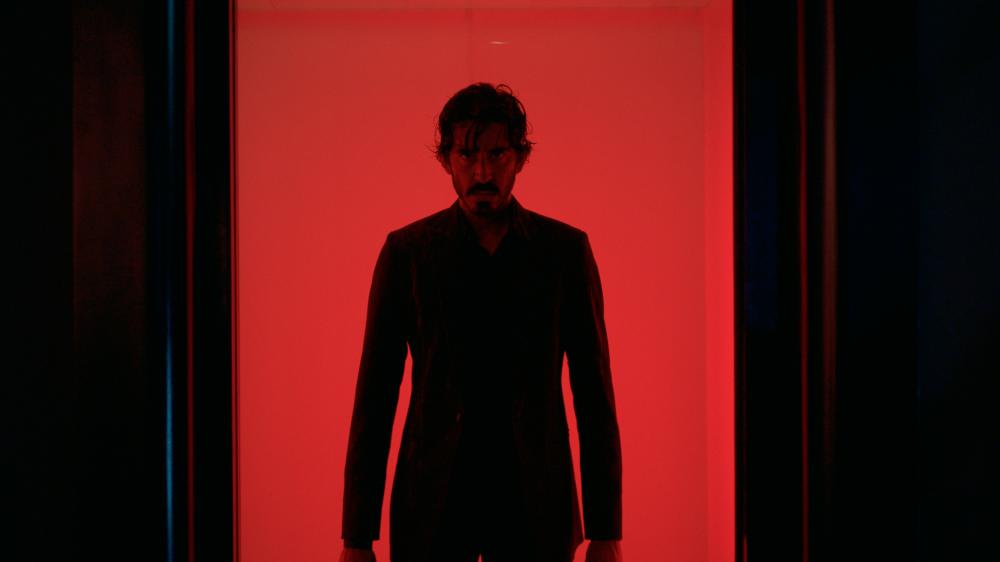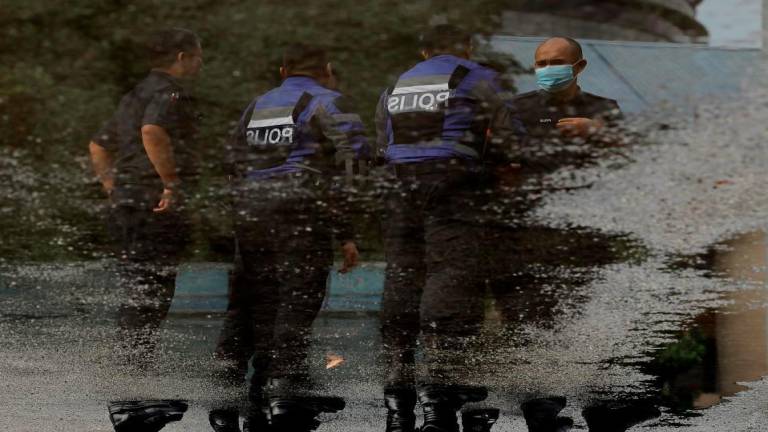A breath of fresh air for Indian action films, Dev Patel’s Monkey Man is both exhilarating and frustrating. The film is devoid of tropes that plague Indian cinema, but it is also subject to the pitfalls suffered by first-time directors and writers.
There are no forced love interests, no gravity-defying action, no love songs every 30 minutes and no happy ending where the Indian hero walks off into a dalcha-coloured sunset.
Going by several monikers with his real name lost to the tragedy in his childhood, Kid (Dev) spends his nights fighting in an animal-themed underground fight club. Inspired by the Hindu deity Hanuman, Kid wears a monkey mask in the ring. During the day, he spends his time tracking down corrupt police chief Rana (Sikandar Kher).
At the time that Monkey Man’s story begins, he has found a way to get closer to Rana by infiltrating Kings Club, an exclusive establishment that is the convergence point of businessmen, politicians and the police in the city of Yatana.
Focused entirely on his mission, Kid is single-minded in the attempt to avenge his dead mother.

Potpourri of influences
An action film produced under rather gruelling circumstances, Monkey Man takes its inspiration from other Asian films, along with the more popular ones from the West. Dev is a cinephile and he proudly wears it on his sleeves.
The story draws parallels to Japan’s Lady Snowblood from 1973, while the action is inspired by Indonesia’s The Raid films and the John Wick franchise. Dev’s injection of humour into the action is reminiscent of Quentin Tarantino’s Kill Bill films. The shaky cam technique when filming action sequences was lifted off Paul Greengrass’ Bourne films.
Though the film’s influences are broad, Monkey Man is not a facsimile of them. Dev liberally weaves in his own Indian identity, culture and commentary with how the film was written. At its forefront, is the Hindu religion. Side dishes also include the music and the hijra community. There is also the discourse of India’s class warfare between the rich and the impoverished.
Not content with how much Indian culture he has weaved into the film, Dev also shows his anger towards India’s current prime minister, Narendra Modi and his ruling right-wing party, the Bharatiya Janata Party.
Initially planned to film in India, Monkey Man was shot in Indonesia and the location change is very visible. Many of the extras in the film were Indonesians, and the film tries to pass them off as North Indians because the film takes place in a fictional Indian city called Yatana. For Southeast Asians, this can be jarring to see.

Flawed but still enjoyable
Kid is not the atypical Indian action hero. He is a flawed man, where in one sequence, he tries to use a gun and is immediately disarmed, with the pistol falling into a toilet bowl full of blood and faeces, which he takes out and then loses again.
He spends most of the film trying to find his identity and purpose in relation to his pursuit of getting revenge on Rana and Baba Shakti (Makarand Deshpande), the men responsible for his mother’s violent death. For two-thirds of the film, Kid is either getting beaten up or is walking around covered in wounds.
The “from zero to hero” character development causes a massive problem in the storytelling structure and the film’s pacing.
After the film’s first action sequence, Monkey Man takes a visible dip in quality as the pacing slows down to a crawl in order to provide backgrounds to Kid, his deceased mother and their community, the main villains and the hijra group.
It seemingly takes forever before Dev checks off the grocery list of backstories and regains control of the film’s direction. This ramps up to the final action sequence in the last 40 minutes or so, and it is a tightly shot and choreographed climax that more than makes up for the entirety of Monkey Man’s slow middle section.
The film has its flaws, but as Dev’s directorial and writing debut, it is a promising start. Just like his thespian skills, it will only get better with time.










